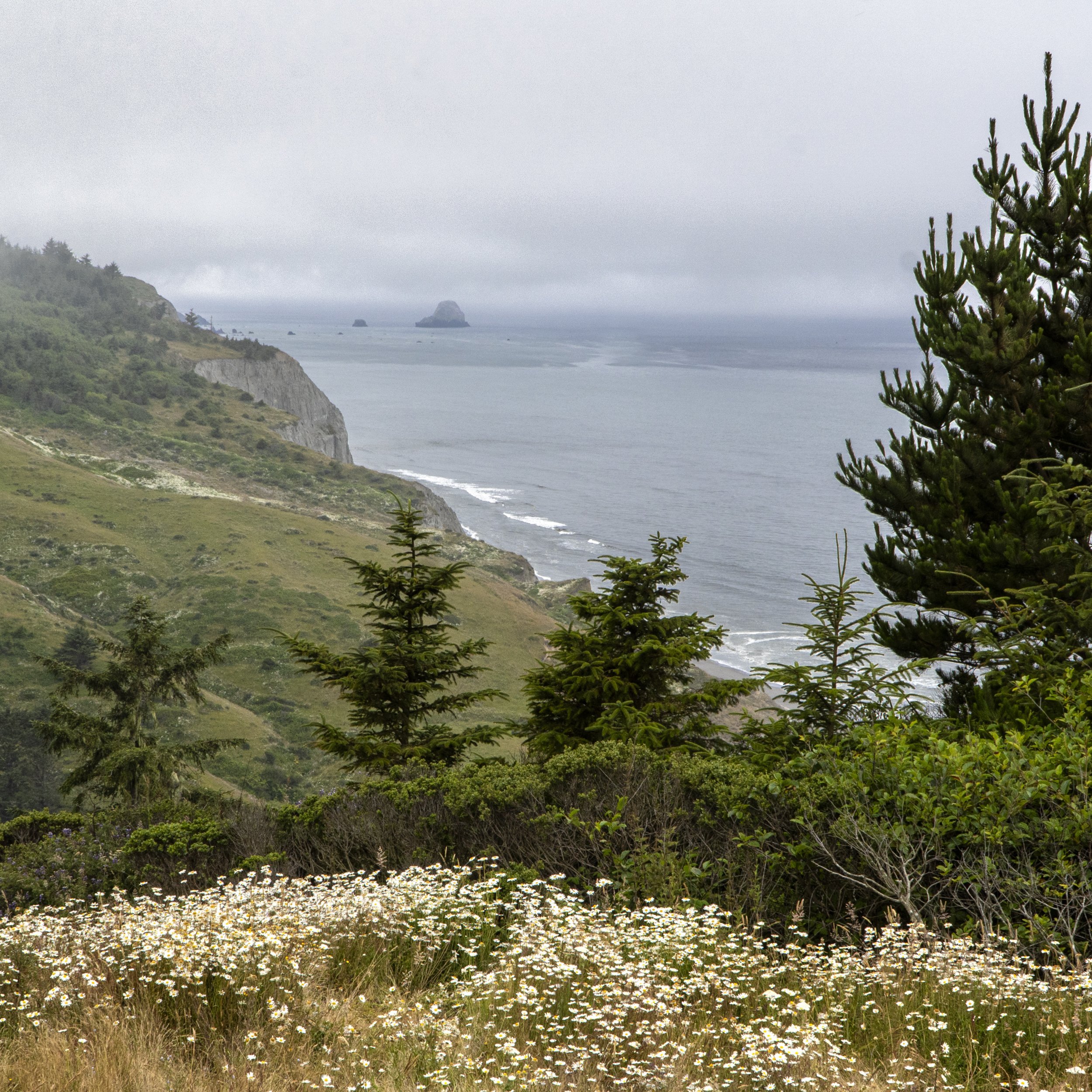
Opportunities to connect deeply about the most important questions in our work are rare. Too often, reflection is treated as an afterthought—not as essential to our growth. White supremacy culture roots us in urgency, productivity, and coherence, leaving little space to slow down, feel, and wrestle with complexity.
And yet, the questions are always there—about who we are, how we show up, and how our actions affect our communities. Slowing down isn’t something most of us are taught to do, but it’s essential. What might shift if we created shared practices for reflection, connection, and landing together?
To land takes courage—especially when everything around us moves so fast. At Landing Places, we make space for curiosity, compassion (for ourselves and others), and truth-telling. Landing Places was created to offer something different: time, space, and care for the work that matters most.
To grow and transform, we must land.
-

-
Liza Gleason
Liza is a facilitator, writer, and co-weaver of depth conversations. With over 25 years in education, she now works at the edges—where discomfort, complexity, and transformation meet. Her practice centers the power of dialogue and storytelling as tools for collective sense-making, especially in times when simple answers no longer serve.
Liza creates spaces where people can gather across difference, sit with uncertainty, and explore the paradoxes that shape our personal and collective lives. Her approach is relational, compassionate, and rooted in a belief that true change begins when we’re willing to be altered by what we don’t yet understand.
While she continues to support white-identifying individuals in examining the role of whiteness in their lives, her broader commitment is to cultivating shared capacity for holding complexity—with courage, humility, and care.
-

-
Quincy Davis
Quincy has nearly two decades of experience in education, spanning roles as a teacher, coach, and administrator in public, charter, and independent schools. Now a consultant and coach, he works with educators and nonprofit professionals to foster growth and development. With a strong foundation in culturally and linguistically responsive teaching and learning, Quincy has mentored countless educators in developing strategies to nurture people, systems, processes, and cultures. His work focuses on creating and sustaining diverse, inclusive communities rooted in mutual respect and understanding. Quincy serves on the Board of Directors for Northern California People of Color in Independent Schools. At the heart of Quincy’s approach is a commitment to validating and affirming every individual’s lived experiences.
-

-
Rob Wasielewski
Rob is an educator and consultant committed to advancing equity and justice in schools. He began his career teaching middle school, where he focused on building antiracist curriculum and strong, inclusive classroom communities rooted in trust and student voice.
Rob partners with educators to bring their equity values into everyday practice. His work includes coaching, curriculum development, and professional learning that supports schools in creating environments where all students feel seen, valued, and empowered.
Rob has a particular passion for working with white educators. He supports them in examining their racial identity, understanding how whiteness operates in schools, and taking meaningful responsibility for change. His approach emphasizes reflection, collaboration, and the belief that equity work is ongoing, relational, and necessary.
